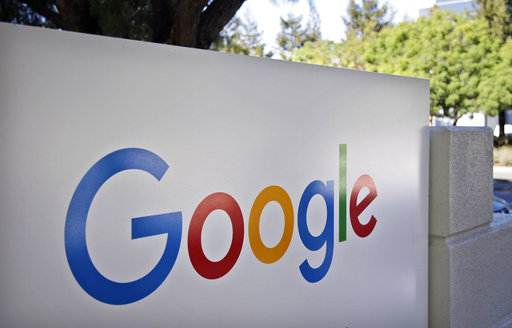by Dan Martin/ AFP
Google’s computer algorithm AlphaGo narrowly beat the world’s top-ranked player in the ancient Chinese board game of Go on Tuesday, reaffirming the arrival of what its developers tout as a ground-breaking new form of artificial intelligence.
AlphaGo took the first of a scheduled three games against brash 19-year-old Chinese world number one Ke Jie, who after the match annointed the programme as the new “Go god”.
AlphaGo stunned the Go community and futurists a year ago when it trounced South Korean grandmaster Lee Se-Dol four games to one. That marked the first time a computer programme had beaten a top player in a full contest and was hailed as a landmark for artificial intelligence (AI).
This week’s match-up in the eastern Chinese city of Wuzhen, between Ke and an updated version of AlphaGo, has been highly anticipated amid speculation about whether AI could beat the world’s top player.
But a visibly flummoxed Ke — who last year had declared he would never lose to an AI opponent — said AlphaGo had become too strong for humans, despite the razor-thin half-point winning margin.
Ke vowed never again to subject himself to the “horrible experience” of matching wits with the machine following this week’s contests.
AlphaGo’s feats have fuelled visions of a brave new world of AI that can not only drive cars and operate “smart homes”, but potentially help mankind figure out some of the most complex scientific, technical and medical problems.
Computer programmes have previously beaten humans in cerebral contests, starting with the victory by IBM’s Deep Blue over chess grandmaster Garry Kasparov in 1997.
But AlphaGo’s success is considered the most significant yet for AI due to the complexity of Go, which has an incomputable number of move options and puts a premium on human-like “intuition”, instinct and the ability to learn.
Go involves two players alternately laying black and white stones on a grid, seeking to seal off the most territory.


